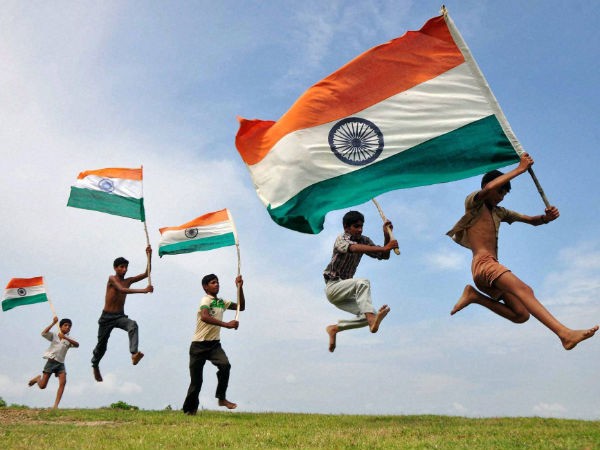
Independence Day 1947 is a significant event in the history of India, marking the nation's liberation from British colonial rule. Celebrated on the 15th of August each year, this day holds deep historical and emotional importance for all Indians. It commemorates the birth of an independent nation after decades of struggle, sacrifice, and unwavering determination.
Historical Background of India's Independence
India's journey to independence began in the late 19th century, with various movements and uprisings against British rule. The Indian National Congress, formed in 1885, played a pivotal role in uniting Indians in their quest for self-governance. Leaders like Jawaharlal Nehru, Subhash Chandra Bose, and Bhagat Singh emerged as prominent figures, inspiring the masses to stand up against colonial oppression.
The Struggle for Independence
Movements and Leaders
The freedom struggle witnessed numerous movements and campaigns across the country. The Non-Cooperation Movement, Civil Disobedience Movement, and Quit India Movement were some of the most notable ones. These movements were led by charismatic leaders who mobilized the masses and instilled a sense of national pride.
Role of Mahatma Gandhi
Mahatma Gandhi, fondly known as the Father of the Nation, spearheaded the non-violent resistance against the British. His philosophy of Satyagraha or truth-force inspired millions to resist injustice through non-violent means. His dedication to the cause of independence earned him the respect and admiration of people worldwide.
Declaration of Independence
After years of relentless struggle and sacrifice, India's leaders, along with Mahatma Gandhi, finally succeeded in convincing the British to grant independence to India. On the 15th of August 1947, the Indian Independence Act was implemented, leading to the creation of two separate nations – India and Pakistan.
Partition of India
The joy of independence was marred by the tragic partition of the country based on religious lines. The partition led to widespread violence, communal riots, and the displacement of millions. It remains one of the darkest chapters in India's history.
Commemorations and Celebrations
Independence Day is celebrated with great enthusiasm and patriotism throughout India. The day starts with the hoisting of the national flag by the Prime Minister at the Red Fort in Delhi, followed by parades showcasing India's cultural diversity and military might.
Flag Hoisting
Flag hoisting ceremonies are held at schools, government offices, and public places across the country. People proudly display the tricolor – saffron, white, and green – symbolizing courage, peace, and growth, respectively.
Cultural Programs
Schools and colleges organize cultural events to celebrate the spirit of independence. Patriotic songs, dances, and skits are performed, reminding everyone of the sacrifices made by the freedom fighters.
Importance of Independence Day
Independence Day serves as a reminder of the importance of freedom, democracy, and the responsibilities that come with it. It instills a sense of unity and national pride among citizens.
Significance of Independence Day 1947
Freedom from British Rule
Independence Day marks the end of British colonial rule in India and the regaining of the nation's sovereignty. It symbolizes the triumph of truth and justice over oppression and tyranny.
Birth of a Nation
The day also signifies the birth of a new nation with a rich cultural heritage and diverse identities united under the tricolor flag. It laid the foundation for building a democratic and secular India.
Challenges Post-Independence
While achieving independence was a momentous achievement, India faced numerous challenges in the post-independence era. Overcoming poverty, illiteracy, and ensuring equitable development became the priorities for the nation's leaders. Independence Day 1947 is a testament to the indomitable spirit of the Indian people who fought relentlessly to secure their freedom. It stands as a reminder that the journey to progress and prosperity is an ongoing one, requiring unity, dedication, and resilience from every citizen.
India's Vision for the Next Decade: Economic Growth, Political Reforms, and Global Engagement
Hidden Treasures: Banned Indian Films That Found Global Adoration
Survey Continues at Gyanvapi Mosque as ASI Proceeds with Scientific Investigation